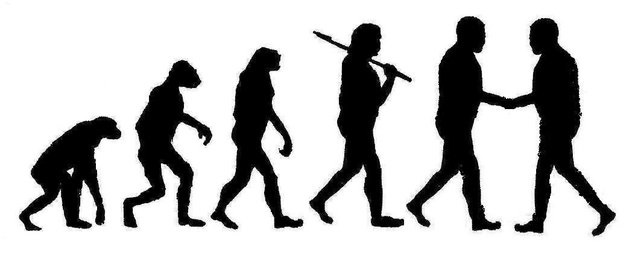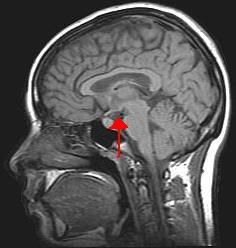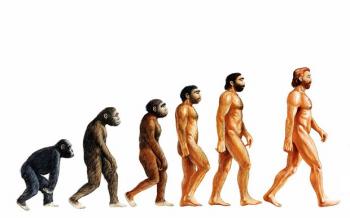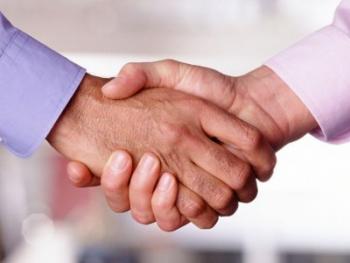 Evolutionary psychology is a branch of psychology that examines how humans and human behavior have changed over time as a method of adaptation to promote survival and reproduction.
Evolutionary psychology is a branch of psychology that examines how humans and human behavior have changed over time as a method of adaptation to promote survival and reproduction.
Theories and topics within evolutionary psychology focus on how the brain picks up on information in the environment regarding various adaptations, how human behavior has adapted to promote reproduction, and how the brain developed so that language could be learned readily. For instance, by developing language and being able to learn language as a child, humans have evolved to be better at communication, which is also necessary for survival. Especially considering how different cultures can be, certain cultural universals like emotion recognition and the choice of healthy partners demonstrates how humans as a whole have adapted.
Research largely examines human behavior throughout time and seeks to examine which behaviors are adaptations and which are just a result of random variation or a byproduct of an adaptation that holds no significance for ourselves or for our ancestors. The environment of evolutionary adaptedness is also important in research due to the fact that the environment in which we develop will influence our adaptations, so we must understand that environment and how it shaped us. Mismatches also take place when an adaptation no longer applies to the current environment. For example, humans crave sugary and fatty foods because they weren't common in the past, but now they are so common in food that it has actually become maladaptive because of the obesity epidemic in many industrialized countries. It has even been hypothesized in some cases that mental disorders could be arising due to mismatches between the mesocorticolimbic dopaminergic system and current society ¹.
Therefore, by understanding how humans have evolved and adapted over time, we can better explain certain behaviors and attitudes in society. For example, we can explain human jealousy as a result of not wanting to lose a partner in which you've devoted energy and resources on. By understanding these adaptations, a better overall view of humans and all the factors that influence emotions, thoughts, and behaviors can be obtained, helping the field of psychology as a whole.
Reference:
1. Pani, L. (2000). Is there an evolutionary mismatch between the normal physiology of the human dopaminergic system and current environmental conditions in industrialized countries? Molecular Psychiatry, 5(5), 467-475.
© BrainMass Inc. brainmass.com June 28, 2024, 3:34 pm ad1c9bdddf






